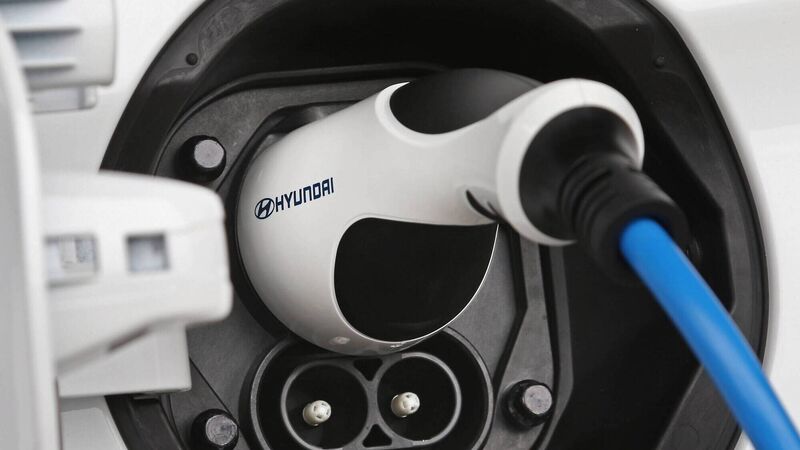We need forecourts and car parks with 20 electric car charging points, says Eamon Ryan

Environment minister Eamon Ryan has conceded that Ireland is far behind where it should be when it comes to charging infrastructure.
Mass ramping up of electric charging sites, which could see 20 points in service forecourts, shopping centres and car parks, needs a major push from government and industry ahead of a surge in new e-cars over the next five years.
That's according to transport and environment minister Eamon Ryan, who conceded that Ireland is far behind where it should be when it comes to charging infrastructure.










